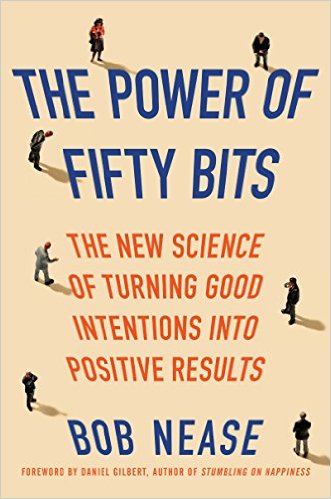Sunday’s New York Times has a piece on Google’s Marissa Meyer, an engineer, designer, and Silicon Valley celebrity. There’s a nugget in this article about how seriously Google takes the little things and how evidence...
Category - Uncategorized
Justin Wolpers at Freakonomics is optimistic on the long-term health of macroeconomic modeling… if it captures psychology of behavior and differences between individuals (i.e., behavioral economics and segmentation). As a...
The New York Times reports that NY State Medicaid recipients fail to re-enroll for health coverage due to “daunting paperwork and other obstacles.” We know that hyperbolic discounting means that immediate...
Information markets have demonstrated the ability to outperform both pundits and polls. The idea is that noisy beliefs cancel each other out, leading to a better estimate from the group than from an individual — and that...
Daniel Hamermesh suggests on Freakonomics that our aversion to losses is so strong that we feel it… even when the losses accrue to others. I am sympathetic; and I, and other taxpayers, am being asked to provide relief in one...
In the November 2008 issue of The Atlantic, Paul Bloom offers an interesting article on his “community of selves” theory of the brain. Here’s an example of what he has in mind. Late at night, when deciding not to bother...
The Center’s newest advisory board member, Dan Ariely, offers up a few tips for getting the best of procrastination. A couple of interesting points: In a survey of 3000 online visitors, Dan found that the top three behaviors...
Dan Ariely and colleagues have done a couple of very interesting studies that look at the role of price in the effect of placebos. The first study is near and dear to the pharmacy benefit. As reported in the Journal of the...
Just read a fascinating report from Christian Wheeler’s group at Stanford’s Graduate School of Business. The report tackles an interesting question: Does how you vote depend on where you vote? As we’ve noted before...
There’s an interesting post over at Freakonomics about price discrimination. (That’s what economists call the ability to charge different buyers different prices for the same good. To get away with this, the seller needs to...

